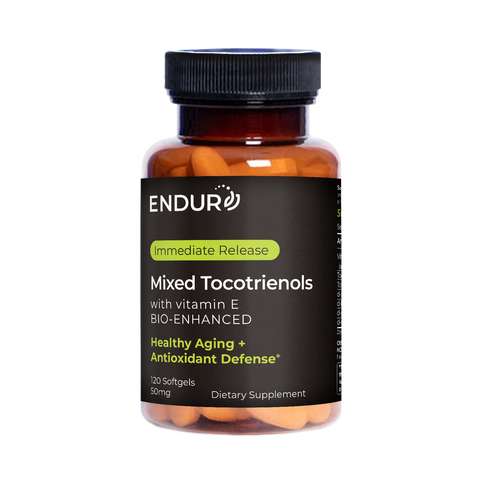A Beginner’s Guide to Supplements
Are you health-conscious? Do you hit the gym regularly, eat your greens (at least most of the time), and follow sleep tracking? When it comes to supplements, however, you may feel skeptical. Do you really need them, or are they simply overpriced items wrapped in flashy marketing that offer little value for your health?
The good news is that some supplements are indeed backed by scientific research. The key is to understand which ones can effectively support your active lifestyle and how to incorporate them without wasting your time and money. Let’s delve into some expert insights, humor, and evidence-based facts to clarify your supplement journey.
Understanding Supplements
Supplements are designed to complement your diet– not replace it. They fill nutritional gaps when your diet isn’t perfect (which, let’s be honest, is often the case even for the most health-conscious of people). Think of supplements as backup dancers supporting your dietary routine– enhancing and complementing without ever overshadowing whole foods.
The Science-Backed MVPs of Supplementation
If you’re new to the world of supplements, here are some foundational options that can significantly enhance your overall health and performance:
-
Master Mineral Magnesium: Magnesium is involved in over 300 enzymatic reactions in your body, playing a critical role in muscle recovery, sleep quality, and stress management. Research suggests that magnesium helps regulate cortisol levels (your stress hormone) and promotes better sleep. There are a few different types of magnesium that control different effects, so do some extra research into which type you want to take.
-
Cell Energy Boosters NAD+ and Niacinamide: As we age, NAD+ levels decline, leading to reduced metabolism, energy production, and DNA repair.
Cell Metabolism researched that NAD+ supplementation may support cellular energy and longevity. Consider niacinamide or nicotinamide riboside, especially if you're over 30. -
Metabolic Powerhouse Dihydroberberine: Often referred to as “nature’s Ozempic,” berberine helps regulate blood sugar levels. Dihydroberberine (DHB) is a superior form– five times more bioavailable than regular berberine. Research suggests that DHB improves insulin sensitivity and metabolism.
-
Sunshine Nutrient Vitamin D: Unless you live in a consistently sunny environment, you likely aren’t getting adequate vitamin D. This nutrient is essential for bone strength, immune function, and mood regulation.
According to the American Journal of Clinical Nutrition, up to 42% of adults are deficient in vitamin D. -
Your Brain’s Best Friend, Choline: Choline is crucial for memory, learning, and effective brain cell communication. Shockingly, 90% of people don’t get enough choline from food alone. It is suggested that choline promotes brain development and cognitive function.
Getting Started with Supplements
For beginners, simplicity is key. Consider starting with these foundational four supplements:
-
A high-quality multivitamin to cover basic micronutrient needs
-
Vitamin D3, especially beneficial for those indoors frequently
-
Magnesium to support recovery and enhance sleep
-
Omega-3 fatty acids for brain and heart health
Important!!! Be consistent with these for 4-6 weeks and assess how you feel before exploring additional options.
Avoiding Wastefulness in Supplement Purchases
Not all supplements are created equal. Here are some guidelines for making informed choices:
-
Look for third-party testing: Certifications from NSF, USP, or Informed-Sport indicate quality assurance.
-
Check for bioavailable forms: Some nutrients are better absorbed than others, so opt for those.
-
Avoid unnecessary fillers: Steer clear of artificial colors, synthetic preservatives, and added sugars.
-
Purchase from reputable brands: If a deal seems too good to be true, it probably is.
Supplements as Tools, Not Magic Pills
While supplements can enhance your health, they are not a cure-all for poor diet, inadequate sleep, or a sedentary lifestyle. Consider them a complement– a cherry on top of an already strong foundation of good health practices.
If you’re intrigued about incorporating supplements into your routine, start small, remain consistent, and always prioritize scientific evidence.
Have questions or want to learn more about supplement science? Feel free to contact us at 1-800-483-2532. If you found this guide helpful, consider sharing it with a fellow health-conscious friend ready to elevate their wellness journey.


